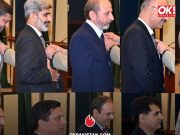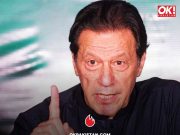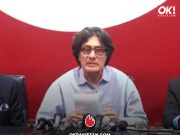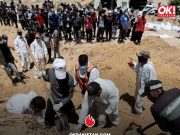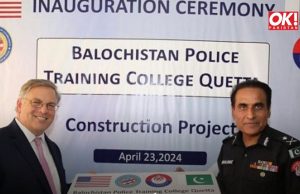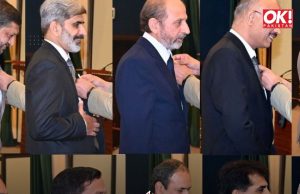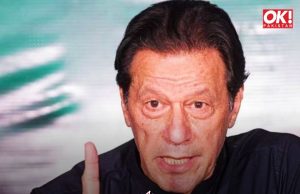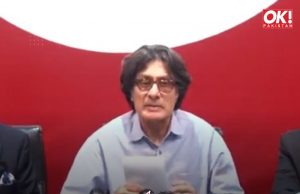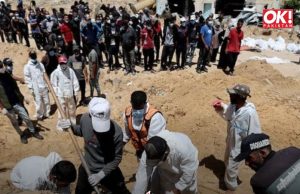An IHC official has asked for a government response to reports of leaked audio.
Asking which organization has the power to covertly record conversations
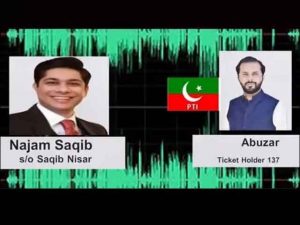
On Wednesday, the Islamabad High Court (IHC) demanded answers from the federal government regarding who recorded talks and under what legal authority.
While hearing a petition by Najam Saqib, son of former chief judge of Pakistan Saqib Nisar, IHC judge Babar Sattar issued the directions to a National Assembly special committee investigating his alleged audio leaks.
Najam was allegedly overheard by a politician named Abuzar Chadar boasting about how his father, Nisar, “worked really hard” to secure a ticket for Chadar in the PTI elections. Najam allegedly discusses the price of the party ticket with one Mian Aziz in the second recording.
The court has put a hold on the notification from the special committee ordering Najam to appear before it.
However, the IHC claimed it was exercising judicial restraint by not blocking the committee’s announcement of its establishment.
The federal government was mentioned, and the court inquired as to who records citizens’ private communications.
Justice Sattar stated in the hearing’s written ruling that the court was being asked to rule on whether or not the Constitution adequately safeguards the rights of its citizens.
He announced that prominent solicitors Aitzaz Ahsan, Makhdoom Ali Khan, former Senate chairman Raza Rabbani, and Mohsin Shah Nawaz Ranjha will be serving as amici curiae.
The judge posed five questions to the attorney general and amicus curiae, including whether or not an ordinary individual who is not a public office holder or a member of the assembly might be probed by the legislature.
He inquired as to whether or not, under the rules, the speaker might convene a special committee at the request of an individual.
The judge questioned whether or not the administration may secretly monitor private persons’ phone calls without their knowledge or consent.
He wanted to know what law and method allowed for the recording of phone calls if the records were accurate.
Since it is illegal to secretly record a phone call, the IHC wondered who was accountable for this privacy breach.
The audio leak between two private individuals was investigated, and the National Assembly secretary was asked to explain under what jurisdiction such a committee could be formed.
The court was interested in the legal basis for recording private persons’ phone calls and the identity of the entity with the capability to do so.
The document also inquired as to the process for obtaining consent to record a phone call and the measures taken to prevent the recording from being abused.
The federal government was questioned by the IHC about the recordings that were created and subsequently released, prompting the formation of an inquiry commission.
The court found it necessary to hear the federation, the ministries of defence and interior, and the PTA as relevant parties through the Prime Minister’s Office because the petition raised the question of the guarantee of privacy of citizens granted under Articles 9 and 14 of the Constitution.
The IHC notified the federal government, the ministries of interior and defence, the PTA, and others, asking for a response by June 25.
The NA panel investigating audio leaks will hold a meeting on Thursday, according to the chairman of the special committee, Aslam Bhootani.
When told they could not continue working, he questioned where the court’s orders were.




